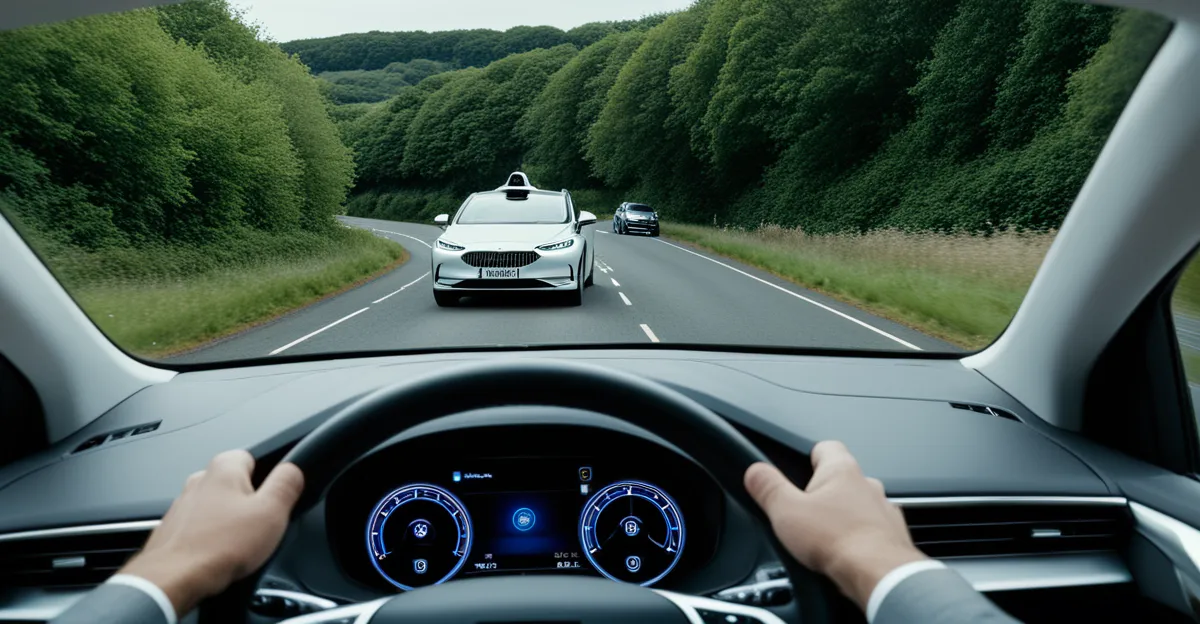Immediate and Long-Term Safety Impacts of Autonomous Vehicles in the UK
Understanding how autonomous vehicles influence UK automotive safety requires examining their effect on accident frequency and severity. Early data from UK pilot programmes reveal a promising decrease in collision counts, particularly those caused by human error such as distracted or impaired driving. These autonomous systems consistently react faster and maintain safer distances, directly reducing accident rates. Moreover, the severity of crashes involving autonomous vehicles tends to be lower, as self-driving cars are programmed to avoid high-impact collisions through precise control.
A notable shift is occurring in the causal factors behind collisions: human error is diminishing, while technological factors such as system malfunctions or algorithmic misinterpretations take precedence. This shift mandates new safety protocols and continuous software refinement.
Topic to read : How Has the Evolution of Electric Cars Changed the Future of UK Automotive Industry?
Pilot studies in the UK underline that while autonomous technology reduces common accident causes, challenges remain. For instance, adverse weather conditions still impact sensor performance. Future trends predict enhancement in vehicle-to-infrastructure communication, which could further decrease accident rates and improve overall safety on UK roads. Understanding these evolving dynamics is vital for embracing autonomous vehicles’ full safety potential.
Evolution of UK Safety Standards and Legislation
The UK automotive safety standards governing autonomous vehicles have evolved rapidly to keep pace with technological advances. Recent updates in autonomous vehicle regulation focus on ensuring rigorous testing and certification before public deployment. The government has introduced stricter self-driving car laws that require manufacturers to demonstrate robust fail-safe mechanisms and continuous software monitoring to mitigate risks associated with system malfunctions.
Also read : How Will the UK’s Automotive Industry Adapt to Greener Technology?
Government bodies like the Department for Transport and advisory panels play a critical role in shaping policy. They work alongside industry stakeholders to update standards that align with real-world operational data from UK pilot programmes. This collaborative approach aims to balance innovation with safety assurance.
Harmonising UK standards with international regulations remains a challenge, especially given variations in legal frameworks and technical protocols across regions. However, efforts continue to standardise definitions of vehicle autonomy levels and rules for data privacy and cybersecurity. These legislative refinements form the backbone of improved UK automotive safety, providing clear guidelines that help manufacturers, insurers, and regulators navigate the complexities of autonomous vehicle integration on UK roads.








